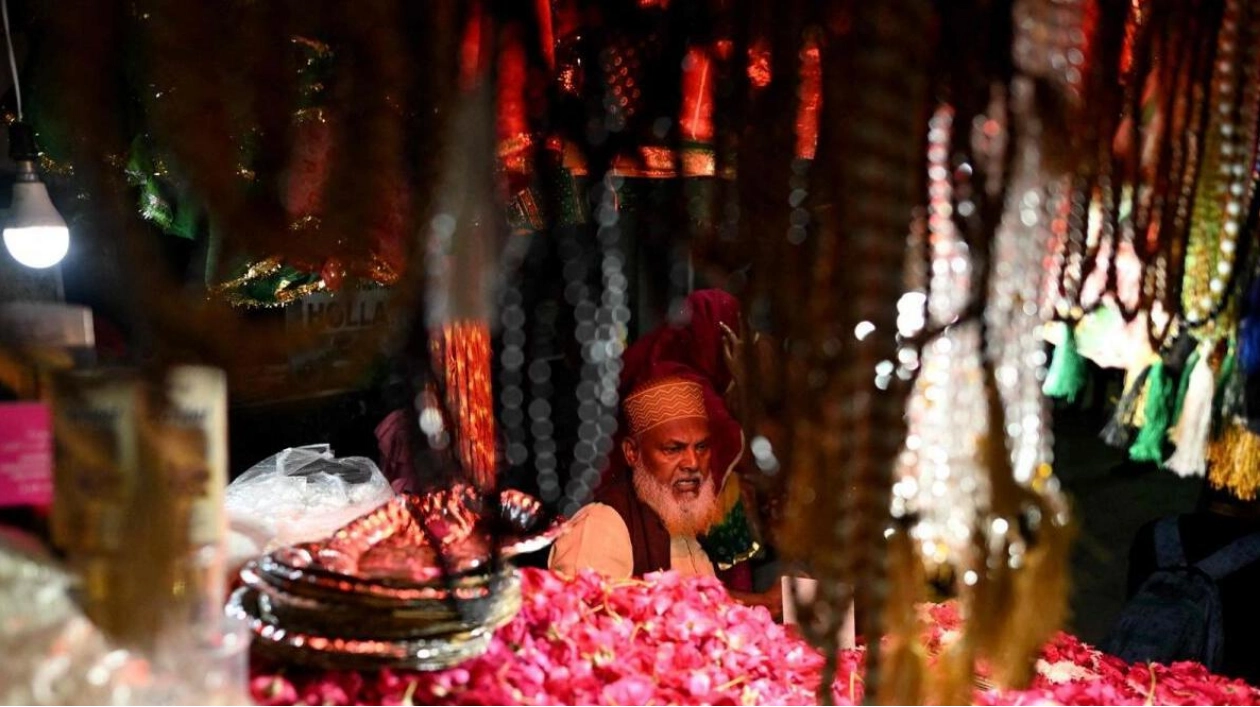Evenings at the Sufi shrine of Hazrat Nizamuddin Dargah in Delhi are nothing short of magical, as the air fills with the soulful sounds of devotional Qawwali music. As the sun dips below the horizon, musicians assemble to perform for a diverse audience of pilgrims, locals, and travelers. This experience is nothing less than transformative—the rhythmic beats and heartfelt lyrics transport listeners to a realm of profound peace, a sensation that words can barely capture.
Hazrat Nizamuddin Dargah is just one of many such places. Across India’s vibrant cities and serene towns, there exist spaces where the hustle and bustle of daily life recede, and tranquility takes hold in the most profound manner. These are the Sufi shrines, havens of solace where music, prayer, and a deep spiritual connection blend seamlessly. The enchanting pull of Sufi music, with its mesmerizing rhythms and transcendent lyrics, offers a sanctuary for those in search of peace, comfort, or a deeper connection to the divine.
Sufi music is more than a genre—it’s a spiritual voyage. Rooted in the teachings of revered Sufi saints, this form of devotional music serves as a pathway to God, often performed at Sufi shrines to honor a saint’s life or during significant festivals. In India, where spirituality and devotion are integral to daily life, Sufi shrines have become iconic for the unique fusion of music, faith, and community they embody.
The origins of Sufi music are deeply intertwined with the history of Sufism itself. Emerging in the 8th century, Sufism flourished in India, partly due to the arrival of Sufi saints like Khwaja Moinuddin Chishti. His shrine in Ajmer is one of India’s most revered Sufi shrines, attracting millions of devotees annually. Sufi music, or Qawwali, evolved as a means of spiritual expression and devotion. Derived from “Qaol,” meaning “to speak,” Sufis believe the music speaks directly to the soul. Performed with rhythmic clapping, harmoniums, and powerful vocals, it transcends language barriers, resonating with listeners through its sheer spiritual force.
Sufi poetry and music also play a significant role in Indian popular culture, with several films featuring Sufi music receiving critical and commercial acclaim. Sanctuaries of peace, Sufi shrines in India are unique for their atmosphere of inclusivity and solace. Regardless of one’s religious beliefs, caste, or creed, everyone is welcome. These shrines have long been places where people come to seek blessings, healing, or a moment of quiet reflection.
Sufis emphasize a connection with the divine through saints, often referred to as pirs. Sufi orders typically follow a specific Sufi pir—for example, the Chistiyya Sufi order follows the ascetic, poet, and philosopher Moinuddin Chishty, while the Qadriyya order is based on the writings and poetry of Abdul Qadir Gilani. It’s not uncommon to see people of different religious backgrounds visiting the tombs of Sufi pirs to pay their respects. At Ajmer Sharif, nearly 40% of visitors are non-Muslims, a testament to the universal appeal of these places.
For many, the journey to a Sufi shrine is not just a religious pilgrimage but a spiritual one. The tranquility of the tombs, the fragrance of incense, and the echoes of Qawwali create an atmosphere that fosters introspection and inner peace. Sufi music continues to captivate hearts worldwide. Iconic singers like Nusrat Fateh Ali Khan and Abida Parveen have brought this mystical music to global stages, yet in the narrow streets surrounding India’s Sufi shrines, it remains as authentic as ever. In these sacred spaces, music is not just heard—it is felt, as a prayer in motion, guiding those who listen to a deeper state of peace.






